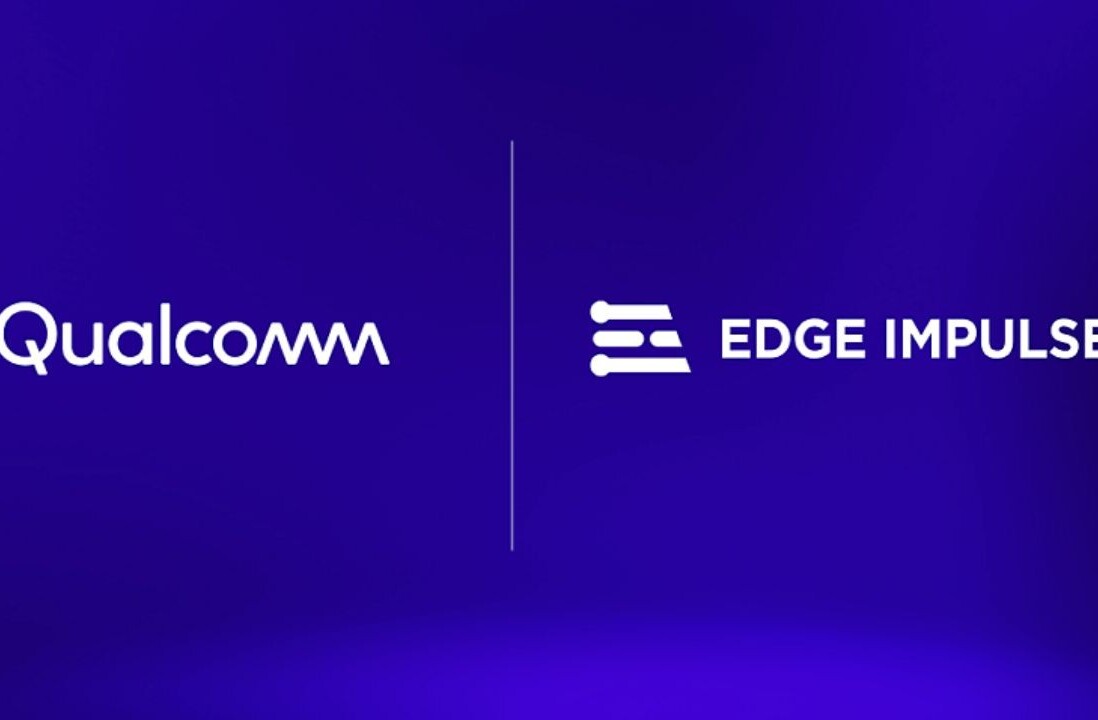
On Wednesday, the German government announced that it would nearly double its funding for artificial intelligence research. The money pledged towards the development of AI systems now amounts to nearly €1bn, which is still far behind the $3.3bn (€3.04bn) in public funding the US reportedly threw at the field last year.
The Federal Ministry for Education and Research said that AI is a “key technology” that offers enormous opportunities for science, growth, prosperity, competitiveness, and social added value. It further added that “technological sovereignty in AI must be secured,” and that Germany and Europe should take a leading position in a world “powered by AI.”
This means that Germany on its own is drawing level with the funds pledged by the EU. The European Commission has also committed €1bn to AI research per year through the Horizon Europe program. Meanwhile, the Commissionstates that it will mobilise additional investments from both the private sector and the member states to reach an annual volume of €20bn.
The increased funding was presented along with Germany’s Artificial Intelligence Action Plan by Federal Research Minister Bettina Stark-Watzinger. Earlier this month, the Minister argued that Germany “must bring its academic practices in line with its security interests in light of tensions with systemic rivals such as China.”
The global AI race
Figures for public spending in China are notoriously tricky to pin down. However, in 2022, private AI investments in China were at $13.4bn (€12.35bn), still trailing far behind the US with a total of $47.4bn (€43.4bn).
This week, the German government also proposed harsher export curbs on China for semiconductors and AI technologies, similar to the executive order signed by US President Biden a little while ago. Furthermore, it laid out plans to tighten the screening process for Chinese FDI.
With the funds, Germany is looking to set up 150 new university labs dedicated to researching artificial intelligence, expand data centres, and increase access to datasets for training advanced AI models. The goal is to then convert the research and skills to “visible and measurable economic success and a concrete, noticeable benefit for society.”
Additionally, the government says it hopes to show the unique selling point of AI “Made in Germany” (or “Made in Europe”). “We have AI that is explainable, trustworthy and transparent,” Stark-Watzinger said. “That’s a competitive advantage.”
Indeed it is, if you have the intention of using it somewhere affected by forthcoming artificial intelligence regulation. While the world waits for the EU AI Act, which will set different rules for developers and deployers of AI systems according to a risk classification system, the Cyberspace Administration of China last month published its own “interim measures” rules for generative AI.
Although the internet watchdog says the state “encourages the innovative use of generative AI in all industries and fields,” AI developers must register their algorithms with the government, if their services are capable of influencing public opinion or can “mobilise” the public.
Get the TNW newsletter
Get the most important tech news in your inbox each week.




